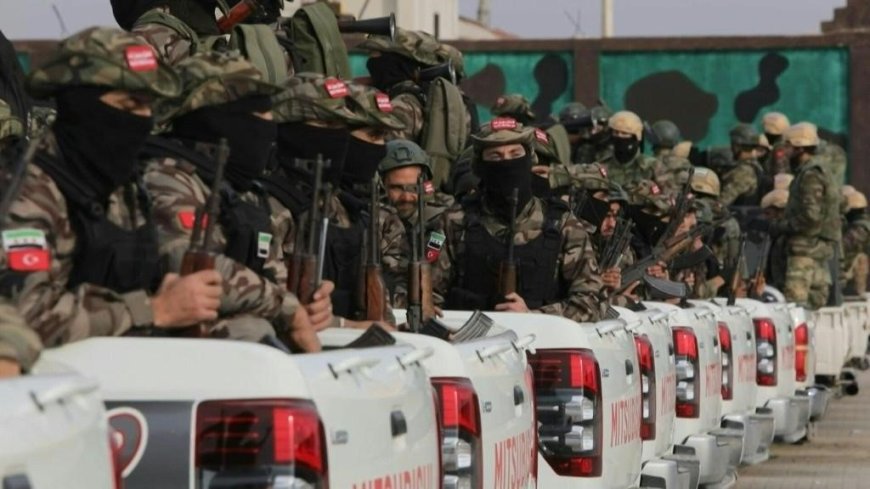Syria’s leader calls for peace amid escalating violence targeting the Alawite minority. Over 1,000 killed in clashes, sparking international concern.
Syria’s Leader Calls for Peace Amid Escalating Violence Targeting Alawite Minority

Syria's acting Prime Minister, Ahmed Sharaa, called for unity and peace following days of intense fighting that have cost hundreds of civilian lives, predominantly among the Alawite religious minority. The fighting, described as some of the worst since the fall of the Assad regime, has shocked the nation and the world at large.
According to UK-based Syrian Observatory for Human Rights (SOHR), around 745 citizens were slain in 30 "massacres" on Alawites across the coastal regions of Latakia and Tartus over the last weekend. The overall death toll, including combatants killed from both sides of the fighters, has surpassed 1,000 over the last four days and comprised 125 fighters belonging to the new government of Islam-led government as well as 148 pro-Assad members. At least 200 insurgents were killed, the new Syrian government sources, as cited by Reuters.
President Sharaa, in a speech at a Damascus mosque on Sunday, emphasized the necessity of preserving national unity and civil peace. "We have to preserve national unity and civil peace as much as possible. we will be able to live in this country," he said. But he avoided making a direct response to news of atrocities committed by his backers in Latakia and Tartus, generally pro-Assad cities.
The fighting erupted after ambushes of government soldiers on Thursday, which the Syrian defense ministry had described as "treacherous attacks" on security personnel. The clashes later escalated into widespread fighting between Assad loyalists and pro-new government troops.
The Alawite minority, a branch of Shia Islam, who make up roughly 10% of the population of Syria, has been hit hard. The community is reportedly living in a "state of horror," activists claim, and many have abandoned their homes. Demonstrators massed at the Russian military base at Hmeimim, Latakia, where videos captured them shouting, "people want Russian protection." Some have crossed the border into Lebanon.
UN special envoy for Syria Geir Pedersen was deeply worried by rising violence and asked all sides to refrain from activities that would destabilize the country. "I am seriously concerned by the deeply troubling reports of civilian deaths," Pedersen said, urging a focus on a "credible and inclusive political transition."
Iran, which is among the Assad regime's longtime allies, has also criticized the crisis. Mojtaba Amani, Tehran's ambassador to Lebanon, described the Alawite massacres as "systematic" and "extremely dangerous," and held the caretaker government accountable for failing to contain the crisis. "The intensity of the current violence is unprecedented and alarming," Amani said.
The brutality is a testament to the unstable state of Syria's transition following the downfall of Bashar al-Assad's regime in December, ending decades of autocrat rule and a devastating 14-year civil war. Amid a growing sectarian tension sweeping across the country, the international community observes anxiously, demanding restraint and the path to peace that will last.
 Kinyarwanda
Kinyarwanda
 English
English










































































